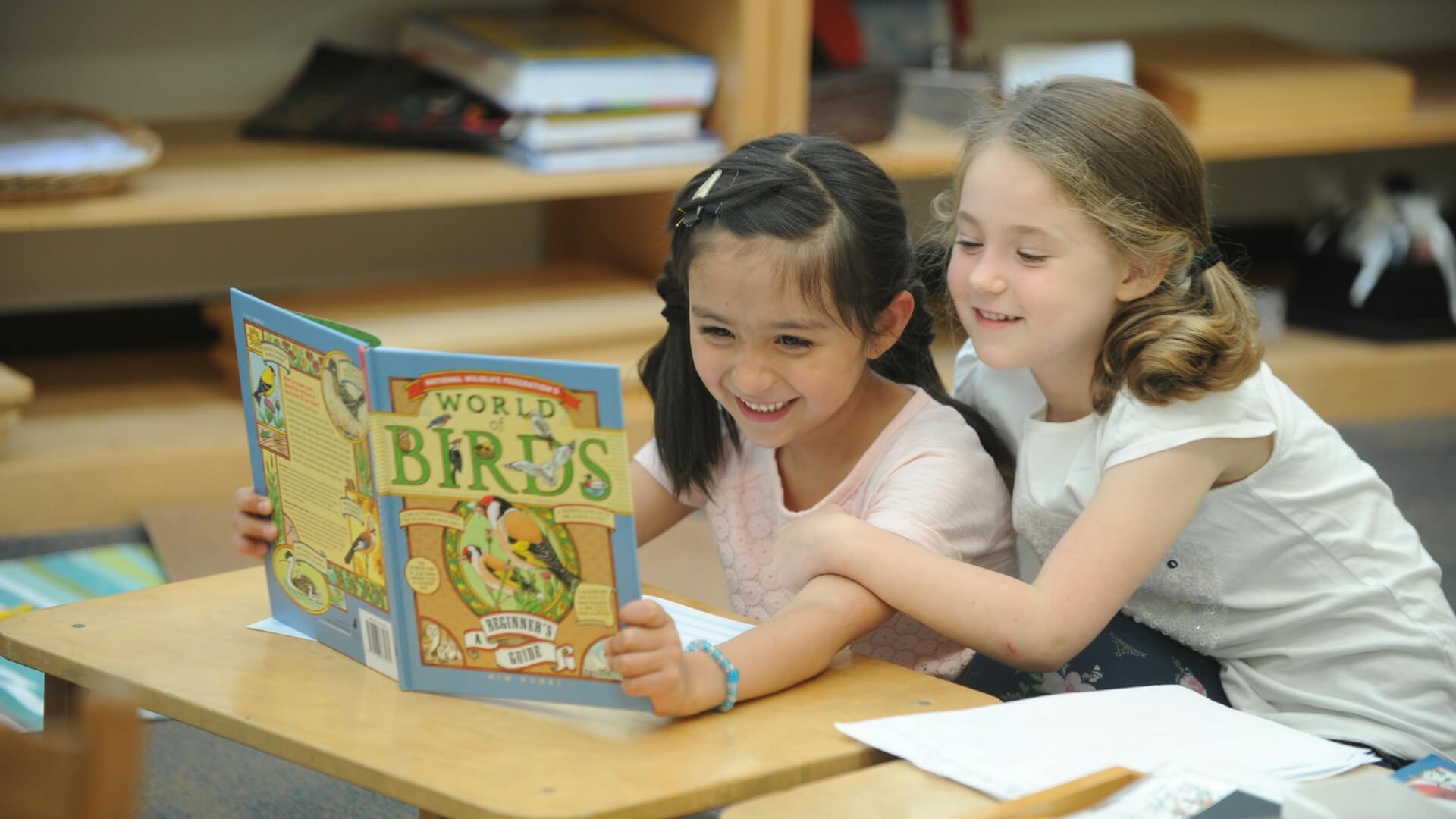A father I was chatting with recently pointed out the irony of my web-based-recommendation that we unplug and go outside more. I get it. The screens in front of us are important, critical tools in how we engage professionally, economically, civically. That’s true and it’s not changing. But as more and more research points us to the ways in which those same tools are interfering with who we want to be and the relationships we want to maintain, we need to talk about when, how, and why we use the screens around us.
Our screens are tools, not companions. They may be useful conduits for connecting us to real people, but they are not a substitute for that connection.
Think about it through the prepositions we use: we spend time with our phones and on our screens and at our computers. We describe the way we use these technologies as stagnant familiars.
The two most powerful gifts you can give your children are unconditional love and eye contact. The first one is a lofty challenge to demonstrate, one that we might aspire to even on the days when our children have decided to polish the floors with baby powder and milk and we have to leave for grandma’s in four minutes. You may always love your child unconditionally- but there are going to be times when it’s harder to enact. The second one is far easier and more practical. When we make eye contact with our kids, we’re telling them that they deserve our concentration, that we are interested in listening to them and attending to them, that they are more important than the screens in our hands, even if we think we can listen to them while we scroll up or down.
And best of all, it’s an easier “fix” than you might imagine. Remember: children become like the things they love, and they love you. If you want your children to be less attached to their screens and phones, you have to model that detachment. Plugin your phone and walk away from it, and keep walking. Take a walk in your neighborhood with your family, leaving your phones back at home. Call one of the friends whose pictures you like online and invite them to the playground together. Go for a hike and bring a sketchbook, and when you see something that would have been a beautiful picture for your Instagram feed, sit down with your child and draw.
The more we practice an unplugged life, the more natural it will feel to us. Start small: if you’re a heavy tech user, challenge yourself to some window each day, maybe an hour, when you will walk away from your phone and your screens and talk to your children and make eye contact with them while you do it. If you’re a lighter user, try it for a day at a time. Do it every day, every day, until it’s a habit instead of a chore.
We’ll all be here when you get back. I promise.
But maybe we can learn to be with each other differently in the meantime, in ways that remind our children of the unconditional love we intend to offer them and remind ourselves of the people we are striving to be.


